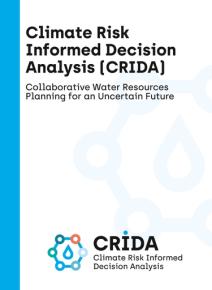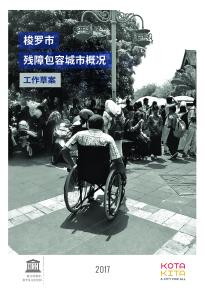Publication
Mapping research and innovation in the State of Israel

The Global Observatory of Science, Technology and Innovation Policy Instruments (GO-SPIN) series of country profiles are designed to expose – through the rigorous application of an assessment lens—usable insights about science, engineering, technology and innovation (SETI) policies and their context. This is meant to encourage choices that harness research and innovation to achieve national goals.
Israel is home to top level scientists (among them five Nobel laureates in recent years), and its gross expenditures on R&D as a percentage of Gross Domestic Product are the highest in the world (4.2% for civilian R&D). High R&D investments in Israel have delivered a strong inventive performance in terms of patents and technologies transferred to market; a country with scarce natural resources has indeed transformed its economy by applying research and innovation. In the past two decades, Israel succeeded in establishing a knowledge-intensive economy with high- and medium-tech products contributing significantly to the trade balance. A vibrant venture capital market fosters innovation by small and start-up companies.
Yet, the resulting economic growth has not been sufficiently inclusive. Traditional industry and services sectors are still to assimilate innovations, and workforce trends are worrying: recent data show mathematics and science scores of Israeli 15-year-olds are lower than in comparable countries, while shortages of specialist labour are felt in SETI fields. Talent and receipts from intellectual property are mobile in a globalized economy.
Israel faces many challenges, ranging from water and energy scarcity and security, climate change threats, to changing demographics. This country profile shows, among other things, that the Government has a healthy diversity of policy instruments offering support to companies and research universities for their R&D and innovation activities, and that these are addressing a range of needs. It also suggests that formalizing a strategic plan and improving coordination could multiply the impact of policies.
In 2012, the Israel Academy of Sciences and Humanities proposed collaboration with UNESCO to prepare an evidence-based policy analysis of Israel’s unique situation, and invited the Samuel Neaman Institute for National Policy Research, to join this effort. Mapping Research and Innovation in the State of Israel is the result. The present profile has been produced within the Global Observatory of Science, Technology and Innovation Policy Instruments (GO-SPIN), a UNESCO initiative applying a new methodology to mapping research and innovation at country level.









